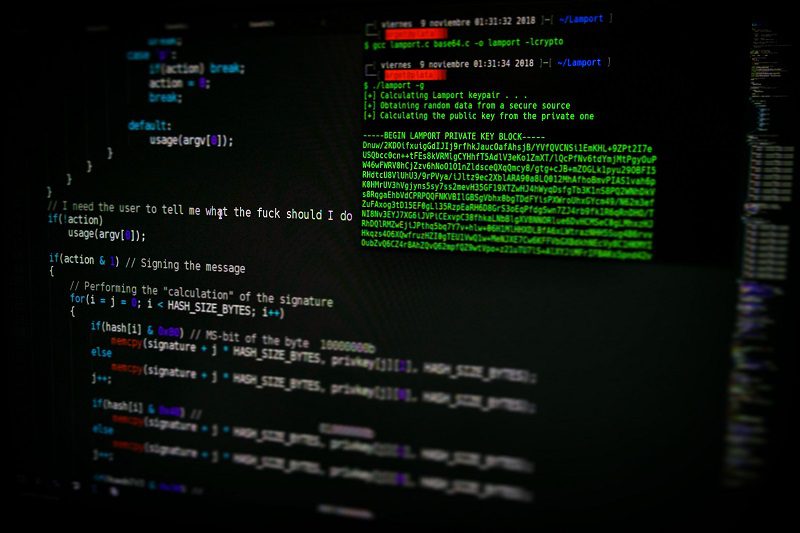
Infamous Chisel is Russian military’s new weapon to target Ukrainian android devices. In the recent spate of developments in the world of cybersecurity, Russian military intelligence has not been covered as the culprit behind another more sophisticated cyberthreat. This malware, aptly named “Infamous Chisel”, has emerged as a powerful tool aimed squarely at Ukrainian Android devices. The revelation caused consternation among western intelligence agencies including the UK, US, Canada, Australia and New Zealand, all of whom were closely monitoring this devious insidious operation.
At its core, the infamous scam represents a major ongoing cybersecurity challenge. In addition to infiltrating Ukrainian Android devices, it has the ability to maintain access and steal sensitive information. The data types it targets are broad, ranging from system device information to commercial app data and applications developed exclusively by the Ukrainian military.
Contents
Ukraine Takes Swift Action
The story of the Infamous Chisel discovery begins in Ukraine, where the country’s security services immediately detected malware and took immediate action to prevent access to sensitive military information This rapid response highlights the importance of highlights the need for proactive cybersecurity strategies at a time when digital threats can have far-reaching consequences .
A Closer Look at Infamous Chisel’s Tactics
To fully understand the dangers posed by the infamous orange, one must examine the mechanism by which it works. The malware ensures persistence on infected Android devices by replacing a legitimate part of the system known as “netd” with a malicious one. This netd bug is programmed to run every time the machine is restarted, silently collecting sensitive device information via shell scripts and commands. The stolen data is then encrypted using a TLS protocol, including a hard-coded IP and port, possibly indicating that a VPN or secure channel has been used to further compromise its activity In the event of a connection failure, the malware cleverly uses a denied dom hard-coded domain through dns. google to ensure easy mischief .
Remote Access and Altered Authentication
The infamous Chisel takes his attacks to the next level by installing a modified version of the Dropbear SSH client, which allows remote access to compromised devices This modified client has authentication mechanisms altered, making it very difficult to detect and combat. The ability of the malware to remain on infected devices and operate secretly testifies to the skill of its developers.

Unmasking the Culprit: Sandworm
The threat actor responsible for creating and deploying the infamous chisel has been revealed: the notorious hacking group Sandworm This group has developed a dark reputation for conducting dangerous cyberattacks, perhaps what most notably the 2017 NotPetya wiper attack .This attack caused in $10 billion in damages In addition to the NotPetya incident, Sandworm has been linked to cyberattacks on the Ukrainian power grid, which resulted in massive blackouts in 2016 and 2017. These cases Sandworm expertise in cyberwarfare and the potentially damaging consequences of their actions are highlighted.
The Broader Implications and Ongoing Threat
In conclusion, the emergence of the infamous scam and its claims of Russian military espionage is a stark reminder of the ever-evolving cyber threats facing countries and organizations around the world There is stagnation. The need for robust security and international cooperation in the face of this ever-evolving digital threat cannot be overstated
Moving forward, vigilance and flexibility will be key to protecting our digital landscape from insidious forces that seek to exploit it for their own gain. Furthermore, the infamous Chisel malware case highlights the importance of international cooperation and diplomacy in the fight against cyber threats. As the digital realm knows no borders, a concerted effort by nations to identify, track and capture threat actors like sandworm is essential. It also highlights the need for continued investment in cybersecurity research and resources in another to stay one step ahead of cyber competitors. In this ever-evolving digital war, knowledge and collaboration are our most powerful weapons to ensure a safe and secure online future for all.



